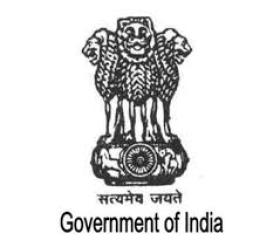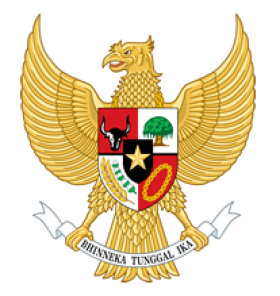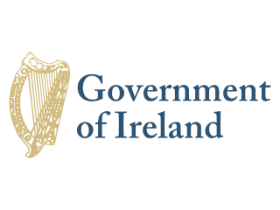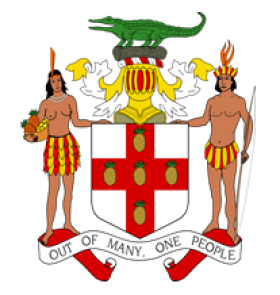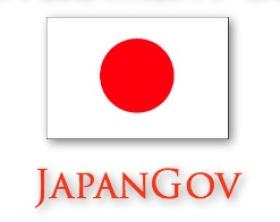Our international network of partners encompasses academic institutions, data aggregators, government bodies, publishers, farmers associations, NGOs and other civil society actors. Explore the range of organizations using the Land Portal below and join the network today.
Government of Iceland
Politics of the Iceland take place in the framework of a parliamentary representative democratic republic, whereby the President is the head of state, while the Prime Minister of Iceland serves as the head of government in a multi-party system. Executive power is exercised by the government. Legislative power is vested in both the government and the parliament, the Althingi.
Government of India
The Indus Valley civilization, one of the world's oldest, flourished during the 3rd and 2nd millennia B.C. and extended into northwestern India. Aryan tribes from the northwest infiltrated the Indian subcontinent about 1500 B.C.; their merger with the earlier Dravidian inhabitants created the classical Indian culture. The Maurya Empire of the 4th and 3rd centuries B.C.
Government of Indonesia
The Dutch began to colonize Indonesia in the early 17th century; Japan occupied the islands from 1942 to 1945. Indonesia declared its independence shortly before Japan's surrender, but it required four years of sometimes brutal fighting, intermittent negotiations, and UN mediation before the Netherlands agreed to transfer sovereignty in 1949.
Government of Iraq
The politics of Iraq place in a framework of a federal parliamentary representative democratic republic. It is a multi-party system whereby the executive power is exercised by the Prime Minister of the Council of Ministers as the head of government, as well as the President of Iraq, and legislative power is vested in the Council of Representatives and the Federation Council.
Government of Ireland
Celtic tribes arrived on the island between 600 and 150 B.C. Invasions by Norsemen that began in the late 8th century were finally ended when King Brian BORU defeated the Danes in 1014. Norman invasions began in the 12th century and set off more than seven centuries of Anglo-Irish struggle marked by fierce rebellions and harsh repressions.
Government of Isle of Man
This is the profile for the Government of Isle of Man
Government of Ivory Coast
The Politics of Ivory Coast takes place in a framework of a presidential representative democratic republic, whereby the President of Ivory Coast is both head of state and head of government, and of a multi-party system. Executive power is exercised by the President and the Government. Legislative power is vested in both the government and parliament.
Government of Jamaica
The island - discovered by Christopher COLUMBUS in 1494 - was settled by the Spanish early in the 16th century. The native Taino, who had inhabited Jamaica for centuries, were gradually exterminated and replaced by African slaves. England seized the island in 1655 and established a plantation economy based on sugar, cocoa, and coffee.
Government of Japan
In 1603, after decades of civil warfare, the Tokugawa shogunate (a military-led, dynastic government) ushered in a long period of relative political stability and isolation from foreign influence. For more than two centuries this policy enabled Japan to enjoy a flowering of its indigenous culture.


